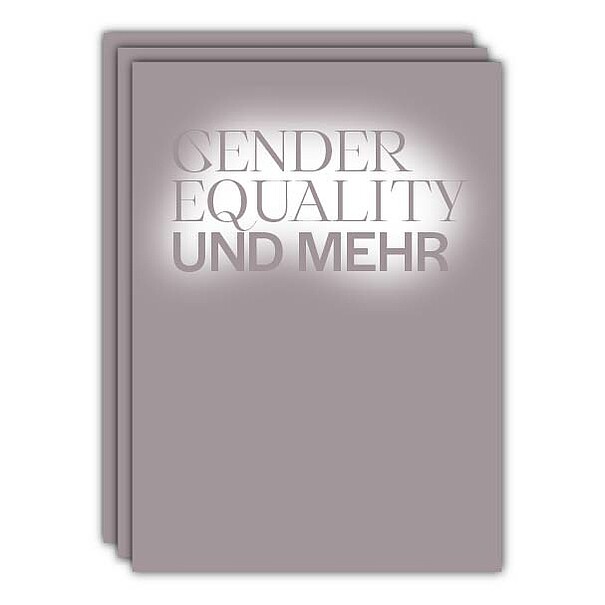
Contact Point against Discrimination and Violence
The Contact Point against Discrimination and Violence is committed to protecting all members of UdK Berlin who have had experiences of discrimination, violence and harassment.
Discrimination refers to the disadvantage or disparagement of a person on the basis of actual or ascribed group-specific characteristics. This includes, in particular, discrimination or disparagement on the basis of gender or gender identity, racial ascriptions, ethnic, social or cultural origin, sexual identity, religious affiliation, ideology, age or mental and physical condition. Discrimination can occur through the actions of individuals (individual discrimination), but it can also be present in the case of neutrally-presumed regulations, criteria or procedures (institutional and structural discrimination). In all cases, discrimination is prohibited by law. Harassment is a form of discrimination. This includes sexualized harassment.
It is the responsibility of all persons with educational, qualification and management duties at the UdK Berlin to follow up on indications of discriminatory behavior and to take appropriate measures to clarify and prevent it.
For detailed information, options for action, contact and counseling points, see the tiles below.
Plain complaint
Formal complaints procedure (right of complaint according to § 13 AGG)

The Contact Point against Discrimination and Violence is committed to protecting all members of UdK Berlin who have had experiences of discrimination, violence and harassment.

What is sexual harassment? What do I do, if I experience or witness sexual harassment at UdK Berlin? What other ressources do I find in Berlin? These and other questions are addressed in the brochure.

Wie leite ich ein Beschwerdeverfahren ein? How do I file a complaint? This question among others is addressed in these guidelines.

The Critical Diversity Blog is a project of the working group Critical Diversity at the Berlin University of the Arts. It collects reports, conversations, texts, and artistic contributions on diversity and anti-discrimination.